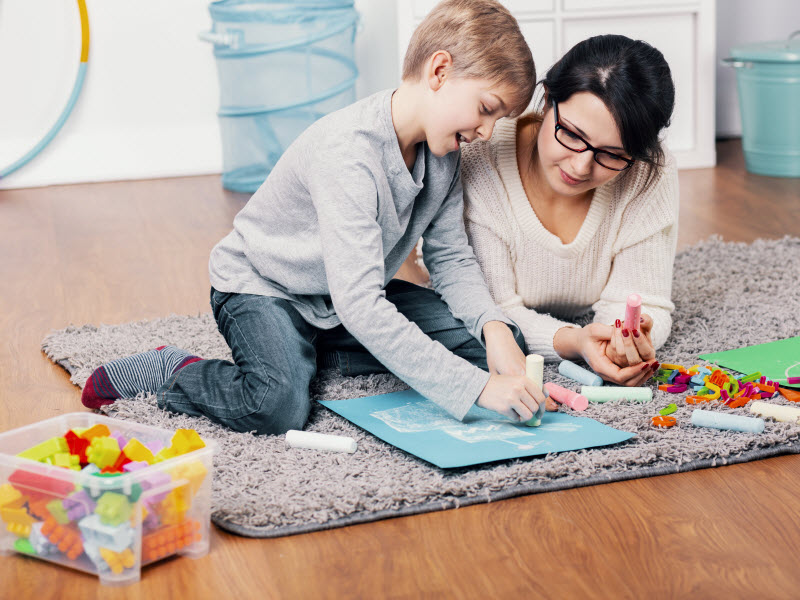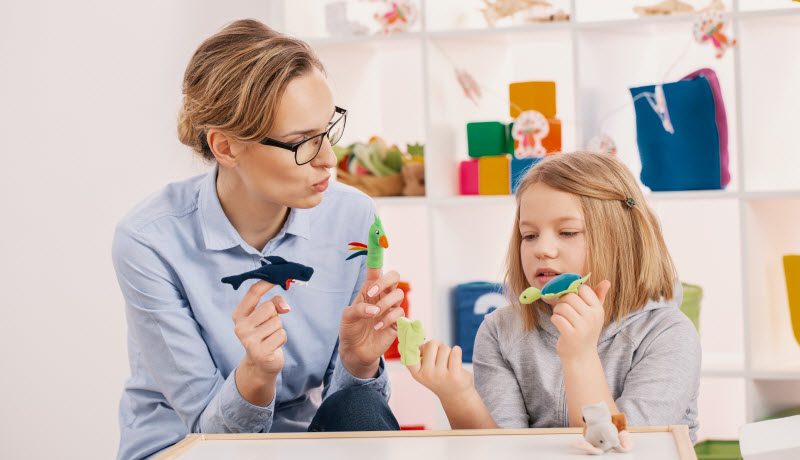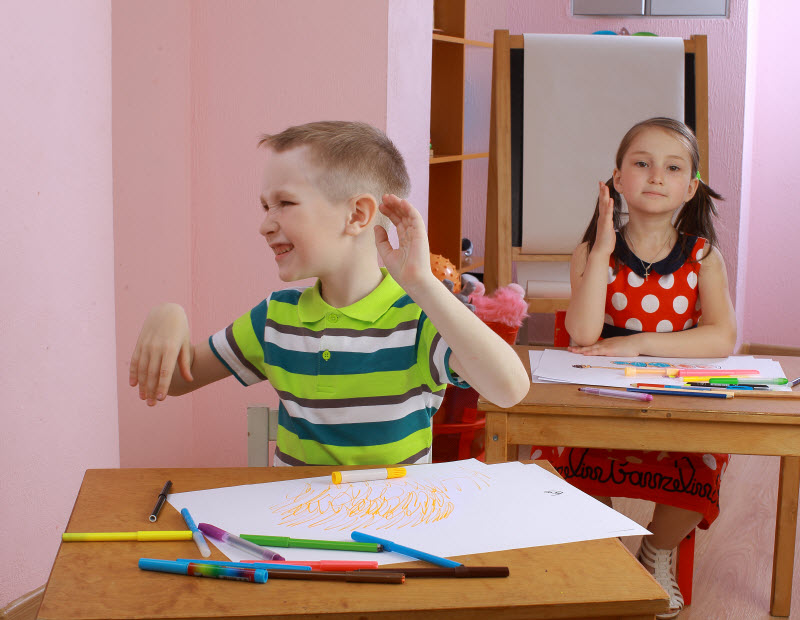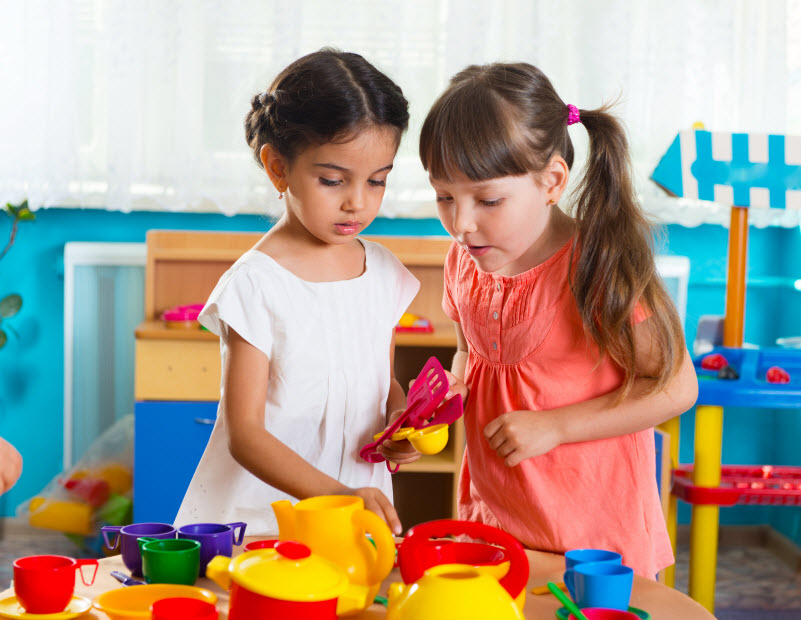Attention Deficit Hyperactivity Disorder (ADHD) can affect a child’s learning and social skills, and the way a family functions. Counselling for your child and family can assist the development of home and classroom strategies. Medication, positive parenting strategies and school support can also help.

Verbal instructions
- Keep instructions brief and clear.
- Say your child’s name or tap them on the shoulder to make and keep eye contact when sharing important information.
- Ask your child to repeat the instruction to make sure they have taken it in and understood the message.
- Your child may need prompting, monitoring and encouragement to keep them focused on tasks.
Written work
- Highlight important points in written information using *asterisks*, CAPITAL LETTERS or bold font.
- Limit the amount of information that needs to be copied from the white board. Instead, give ‘hand out’ sheets with this information.

Other learning strategies
- Provide one-to-one instruction as often as possible.
- A class ‘buddy’, who gets along well with your child, can be helpful in reinforcing instructions and directions.
- Make sure activities have plenty of hands-on involvement.
- Schedule the most important learning to take place when your child is most alert. This time is usually in the morning.
- Provide a checklist for your child about what they need to do.
- Physical environment
- Sit your child near the front of the classroom.
- Plan seating and furniture carefully to decrease distractions. For example, sit your child near classmates who will be good role models.
- A quiet place without clutter is important for homework.

Reducing over-activity and fatigue
- Build rest-breaks into activities. For example five minutes break for each 30-minute activity.
- Alternate academic tasks with brief physical exercise. For example, your child could do structured tasks or errands such as delivering notes or taking lunch orders.
- Prepare a number of low-pressure fun activities for when your child needs to spend a few minutes calming down.

Keeping structure
Children with ADHD can struggle with changes to routine and need to know what to expect. The following strategies can help:
- Have a fixed routine.
- Keep classroom activities well organised and predictable.
- Display the daily schedule and classroom rules. For example, attach a plan of the day to the inside of your child’s desk or book.
- Tell your child in advance (whenever possible) of a change in the schedule.
- Give your child advance warning of changes. For example: ‘In five minutes you will have to put your work away.’ It is helpful to provide a reminder more than once.
- Keep choices to a minimum.

Self-esteem
- Encourage your child to take part in activities where they will experience success.
- Set achievable goals.
- Acknowledge their achievement by congratulating them verbally and in written ways such as notes or certificates.
- Focus their attention on the good parts of their written work. For example, use a highlighter pen on the best sections of your child’s work.
- Help them feel important in the classroom. For example, acknowledge their effort to do a task even if they don’t succeed.
- Near the end of the day, review with your child their accomplishment/s for the day.
- Attend to learning difficulties as soon as possible to restore self-confidence.

Social skills
- Involve your child in smaller groups of no more than two other children whenever possible, instead of larger groups.
- Reward appropriate behaviour such as sharing and cooperating.
- Teach your child appropriate responses when they feel provoked. For example teach them to walk away or talk to the teacher.
- Encourage your child to join activities where ‘supervised socialisation’ is available, such as scouts/girl guides or sporting groups.
- Talk with your child about the consequences of their actions upon themselves and others.
- Use visual prompts to remind your child to think before they act. For example, ‘STOP, THINK, DO’.

Communication between home and school
- Use a school-home daily communication book.
- Communicate both positive aspects of the day and inappropriate behaviour.
- Teachers – be sensitive to parents’ feelings. They have the difficult task of raising a child with ADHD.
- Teachers – help parents feel proud of their child. Find positive things to share with them about their child on a regular basis. This can be done in front of the child.
To help the children complete their homework parents can:
- Make the work environment attractive but not too distracting.
- Have regular scheduled time for homework.

Key points
- Regularly acknowledge and reward achievements and positive behaviour.
- Attend to learning difficulties as soon as possible.
- A quiet place, without clutter is important for homework.
- Talk with your child about the consequences of their actions.
- Medication, positive parenting strategies, school support and counselling can help most children with ADHD and their families.
Books
- You and Your ADHD child, Ian Wallace, Harper Collins 1996
- ADHD: The Facts, Mark Selikowitz, Oxford University Press 2004
- Understanding ADHD, C Green & K Chee, Doubleday, Sydney 2001
Further information
Please call Cairns Paediatric Psychology (07) 40 417004 for further information or to make an appointment with Danaë Owen. Read more psychology articles.


